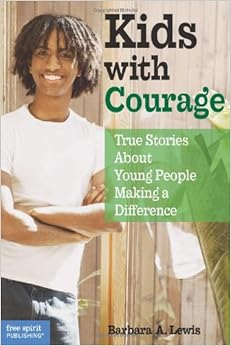
This week I'm reading Perfect, by Natasha Friends
The main protagonist, Isabelle Lee is going through a lot. Her father just died and her family is not coping so well, especially her mother. Isabelle has an Eating Disorder. So, her mom send her to a therapy group. I have a friend that has an Eating Disorder. She also had to go to a therapy group. She told me that she hates the therapy group. She told me that it was supposed to help her, but it didn't. She said that it made her feel like a weirdo and made it worse. Isabelle Lee and my friend both hated the therapy group. They didn't want to be part of it. Isabelle met Ashley in the therapy group and eventually didn't entirely hate the group. My friend though, really hated it. She didn't enjoy any of the therapy group. She despised it and couldn't wait to get out of it.

